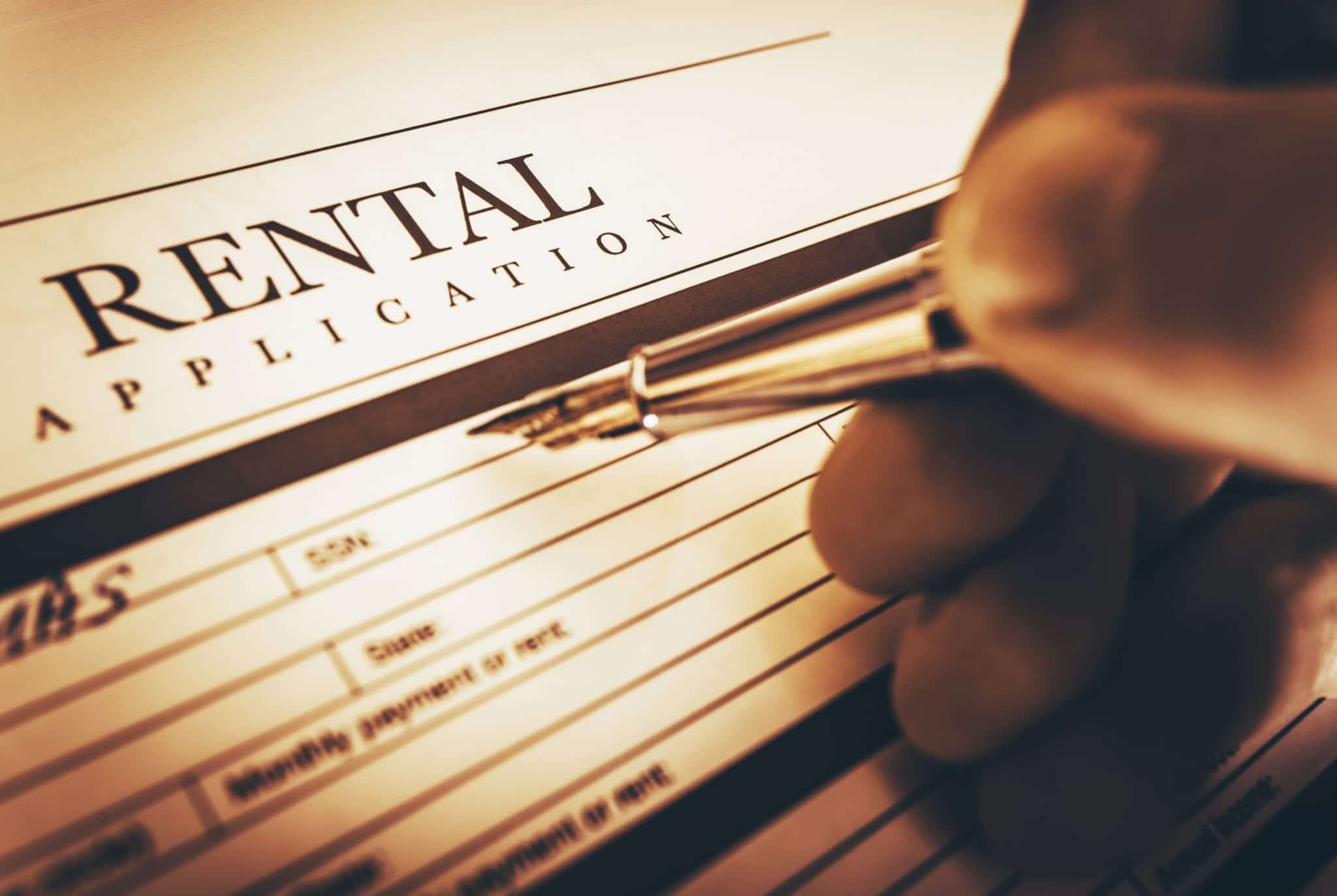Criminal record expunction is an important component of the criminal justice system. By taking advantage of the process, past offenders are able to attain relief from the devastating consequences of having a criminal record, allowing for better employment, housing, and even loan prospects.
The two basic effects of criminal record expunction are to delete records of the criminal case, and to restore the prior offender’s criminal status as if the expunged conviction had never occurred.
Below we cover the basic effects of expunction and the relief it offers, and also the rare situations in which your expunged conviction may still be relevant.
Effects of Expunction in North Carolina
The two primary objectives of an order for record expunction are to seal criminal records from public view such that most people and entities will not be able to access your case, and to restore your status as a citizen in good standing.
Deletion of Records
If a petition for expunction is granted, the court clerk is required to seal court records of your case, such that they no longer appear on public databases, or on criminal background checks. Records held by law enforcement (for example, of the arrest or investigation) will also be sealed.
The expunction order also requires background check services or other businesses involved in disseminating criminal records to delete all records of your expunged conviction.
However, some government records are not subject to this deletion command, such as those held by the Department of Motor Vehicles (DMV) if the conviction involved a moving violation. Further, the North Carolina Administrative Office of the Courts (AOC) maintains a confidential file of granted expunctions, which can become important if you face criminal charges in the future.
Restoration of Status
An expunction restores your criminal status as if the proceedings had never occurred. This means that if you receive an expunction, you are no longer required to acknowledge the expunged proceedings, and cannot be penalized for failing to acknowledge them.
There are some rare exceptions to this rule. For example, if you are applying for a position in law enforcement, or a position that requires security clearance, you may still be required to disclose the expunged proceedings. In these situations, your employment application may specifically state that expunged records must be disclosed.
Additionally, some employers may ask about expunged records even if they are prohibited from doing so, but this is subject to penalties from the Department of Labor. Generally, if you have any questions regarding employment applications, you should speak to an attorney, who can advise you of your rights surrounding your specific case and employment prospects.
Who Can Still See My Expunged Record?
Although private entities are not allowed to ask about expunged records, they may be able to consider expunged information if they are able to access it. This would include private employers or landlords.
Although these entities would generally be unable to access expunged information, online data collection means that expunged records may be easier to find in our current information age. However, new legislation is aimed at preventing this unauthorized dissemination of information.
What this all means is that expunction is a complex matter, and each case is different. Therefore, if your record has recently been expunged or if you think that it may still be accessible, we recommend speaking to an attorney, who can advise you of your rights following criminal record expunction.









